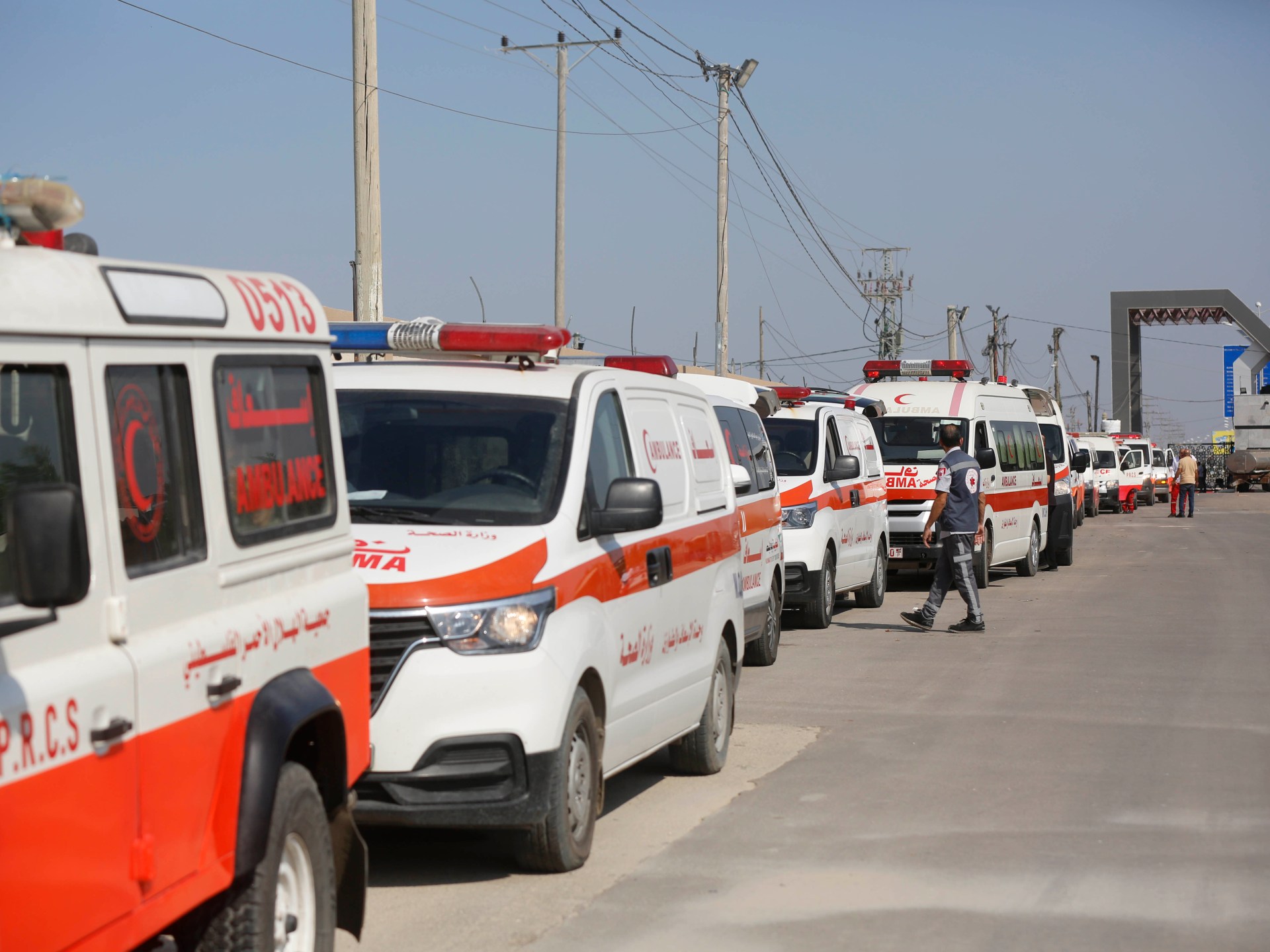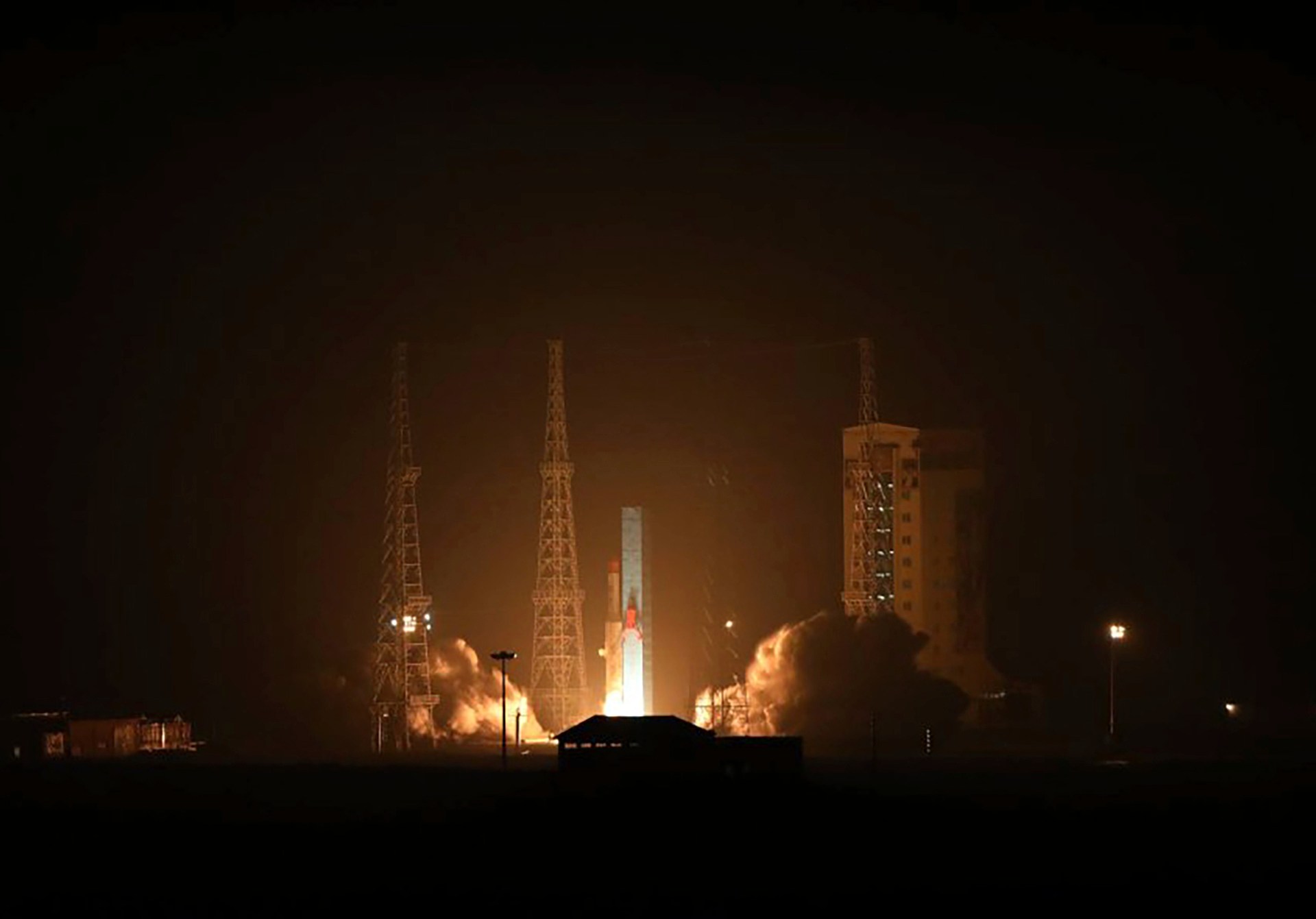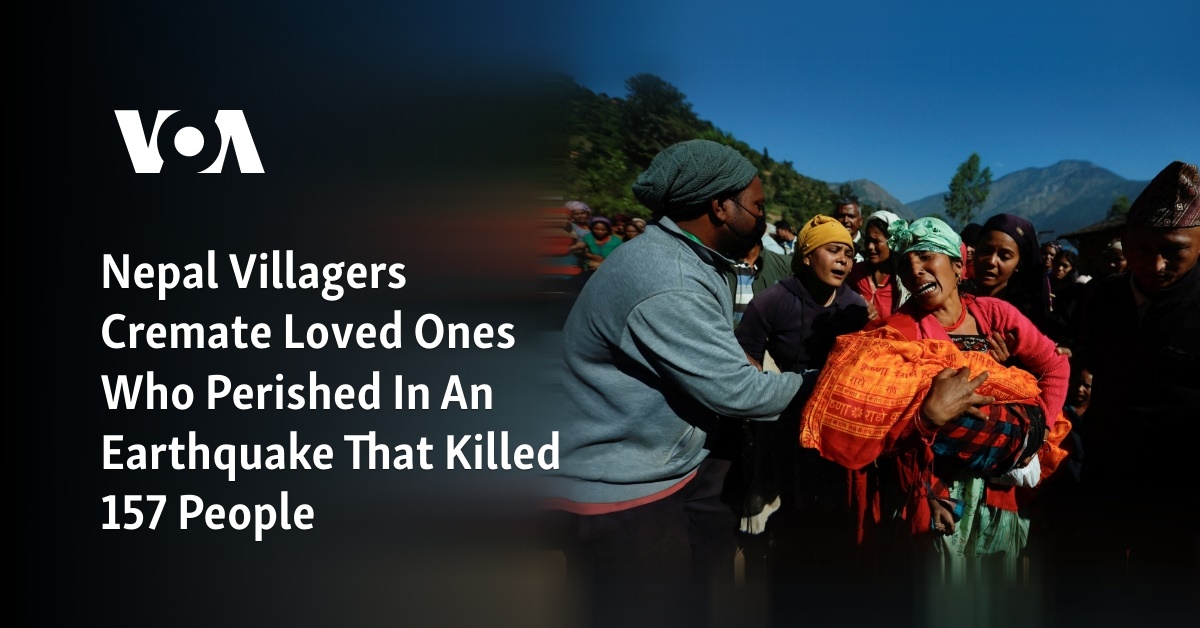
RAFAH, Gaza Strip (AP) — An Israeli airstrike on a house killed 16 people, half of them children, in the southern Gaza town of Rafah, medics said early Thursday. The military continued to attack targets in areas of the besieged territory where it urged civilians to seek refuge.
Meanwhile, there was no information on whether medicines that entered the area on Wednesday under a deal negotiated by France and Qatar were distributed to dozens of chronically ill hostages held by Hamas.
More than 100 days after Hamas launched the war with its Oct. 7 attack, Israel continues to wage one of the deadliest and most destructive military campaigns in modern history to crush the militant group that has ruled Gaza since 2007 for making numerous profits from prisoners. The war has heightened tensions across the region and threatens to spark further conflict.
More than 24,000 Palestinians have been killed, about 85% of the 2.3 million people in the narrow coastal area have fled their homes and, according to the United Nations, a quarter of the population is starving.
Hundreds of thousands have heeded Israeli evacuation orders and streamed into southern Gaza, where UN-run shelters are overflowing and huge tent camps have been set up. But Israel has continued to carry out attacks on alleged militant targets across Gaza, often killing women and children.
Dr. Talat Barhoum of El-Najjar Hospital in Rafah confirmed the death toll from the strike in Rafah and said dozens more were injured. Associated Press footage from the hospital showed relatives weeping over the bodies of loved ones.
“They were suffering from hunger, they were dying of hunger, and now they were also hit,” said Mahmoud Qassim, a relative of some of those killed.
According to internet access advocacy group NetBlocks, internet and mobile phone services in Gaza have been down for five days, the longest of several outages during the war. The outages are complicating rescue efforts and making it difficult to obtain information about recent attacks and victims.
The war reverberates throughout the region
The war has spread across the Middle East, with Iranian-backed groups attacking U.S. and Israeli targets. Low-intensity fighting between Israel and Hezbollah militants in Lebanon threatens to erupt into all-out war, and Houthi rebels in Yemen continue to attack international shipping despite U.S.-led airstrikes.
The Israeli military said it fired an interceptor at a “suspicious aerial target” – likely a drone or missile – approaching over the Red Sea on Thursday, triggering air raid sirens in the southern Israeli coastal city of Eilat. The Houthis have fired drones and missiles at Israel, most of which either missed or were intercepted and shot down.
Iran, meanwhile, launched a series of missile strikes against what it said was an Israeli spy base in Iraq as well as militant bases in Syria and Pakistan, retaliating early Thursday against what it called militant hideouts in Iran.
It was unclear whether the attacks in Syria and Pakistan were related to the Gaza war. But they demonstrated Iran’s ability to carry out attacks with long-range missiles at a time of rising tensions with Israel and the United States, which has provided key support for the Gaza offensive and carried out strikes of its own against Iran-aligned groups in Syria and Iraq.
Israel has vowed to dismantle Hamas to ensure it can never repeat an attack like the one on October 7. Militants broke through Israeli border defenses that day and stormed several communities, killing about 1,200 people, mostly civilians, and taking about 250 hostages.
Israel has also promised to return all hostages remaining in captivity after releasing more than 100 – mostly women and children – under a ceasefire in November in return for the release of scores of Palestinians detained by Israel.
Family members and supporters celebrated the first birthday of Kfir Bibas, the youngest Israeli hostage, in a somber ceremony in Tel Aviv on Thursday.
The red-haired infant and his four-year-old brother Ariel were captured along with their mother Shiri and father Yarden. All four remain in captivity.
MEDICINE DESIGNED FOR HOSTAGES ARRIVE IN GAZA
The drug transport agreement was the first negotiated between the warring parties since November. Hamas said that for every box of medicine destined for the hostages, 1,000 would be sent to Palestinian civilians, in addition to food and humanitarian aid.
Qatar confirmed late Wednesday that the drugs had entered the Gaza Strip, but it was not yet clear whether they had been distributed to the hostages, who were being held in secret locations, including underground bunkers.
Both France and Hamas had said that the International Committee of the Red Cross, which facilitated the hostages’ release, would play a role in distributing the drugs. But on Thursday the Red Cross said: “The mechanism agreed upon does not involve the ICRC’s involvement in its implementation, including the supply of medicines.”
Hamas continues to fight across the Gaza Strip, even in the most devastated areas, and fires rockets into Israel. It says it will not release any more hostages until there is a permanent ceasefire, something Israel and the United States, its key ally, have ruled out.
According to Gaza’s Health Ministry, at least 24,448 Palestinians have been killed and over 60,000 injured since the war began. It is said that many more dead and wounded are trapped under rubble or inaccessible due to the fighting. The ministry does not distinguish between civilian and combatant deaths, but says about two-thirds of those killed were women and children.
Israel blames Hamas for the high number of civilian deaths because it fights in densely populated residential areas. Israel says its forces have killed about 9,000 militants, without providing evidence, and that 193 of its own soldiers have been killed since the ground offensive in Gaza began.
___
Jeffery reported from London and Lidman from Tel Aviv, Israel. Associated Press writer Bassem Mroue in Beirut contributed to this report.
___
For more AP coverage, visit https://apnews.com/hub/israel-hamas-war






Recent Comments